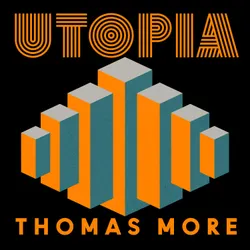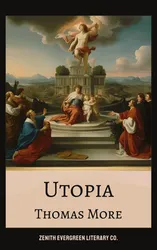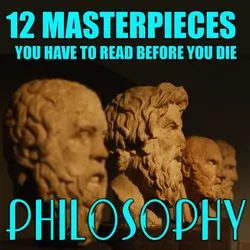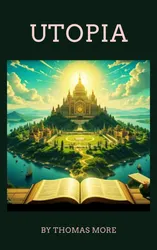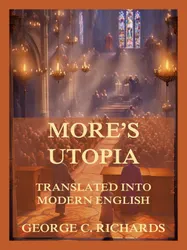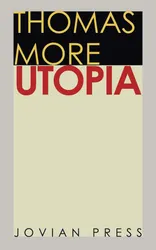« Utopia » (le titre complet en latin est « De optimo rei publicae statu, deque nova insula Utopia, ou par extense, Libellus vere aureus, nec minus salutaris quam festivus de optimo rei publicae statu, deque nova insula Utopia ») est un ouvrage de Thomas More paru en 1516. Il s'agit d'un livre fondateur de la pensée utopiste, le mot « utopie » étant lui-même dérivé de son titre. L'ouvrage a connu un succès particulier en France au XVIIe siècle et au XVIIIe siècle.
Le titre est construit d’après une racine grecque signifiant « lieu qui n'est nulle part », « οὐ τοπος (ou topos) » en grec.
Bien que Thomas More ne fût pas économiste, mais juriste, historien, théologien et homme politique, Utopia, qui n'était pas un traité d'économie, mais plutôt une satire de la société de son temps, fut repris au XIXe siècle, sans doute par un effet de biais, pour construire des théories économiques.


